Chronic sleep deprivation affects one in five adults globally and I’m one of them. It’s odd admitting that, considering my job is to help other people sleep well. But I’ve been sleep deprived for around 2.5 years now, ever since I brought my newborn home from the hospital.
Some people have kids that sleep through the night from the get-go. Mine doesn’t. (Yes he's been checked for underlying health conditions, and you better believe he has a great sleep schedule and environment). It's reassuring to know that no-one truly ‘sleeps through the night’ (we’re not designed to), but not getting enough sleep year after year feels torturous at times.
What is insufficient sleep?
According to the International Classification of Sleep Disorders (ICSD-3), insufficient sleep is a truncated sleep pattern that has persisted most nights, for three months or more, with symptoms including daytime sleepiness.
If you are struggling to get enough sleep most nights, learning how to cope with sleep deprivation is just a band-aid: you need to figure out why you’re not getting enough. From optimising your bedroom for sleep, to keeping a consistent bedtime routine and sleeping on a good mattress, there’s plenty within your control. I’d also recommend speaking to your doctor if the cause of your sleep deprivation isn’t obvious.
For now, these are the best techniques I’ve discovered for how to survive a long-term lack of sleep (and some days even thrive)...
KEY TAKEAWAYS
- Caffeine dehydrates you and makes sleep deprivation worse
- Hydrating with plenty of water helps you feel less tired
- A 15-minute walk reduces daytime fatigue and brain fog
- A power nap can boost your energy for four to five hours after
- 20 minutes’ of meditation helps you to feel rested when you can’t get enough sleep each night
How I ease my symptoms of long-term sleep deprivation
Brain fog, daytime sleepiness, irritability and a craving for carbs have been the most persistent symptoms of sleep deprivation for me. But I’ve also learned a few brilliant techniques for easing them and generally coping with a lack of sleep. Here’s what works for me…
1. I drink plenty of water
- Lack of sleep causes dehydration, which makes you feel sluggish
Dehydration is like pouring gasoline on your sleep deprivation and lighting the match. A study into the relationship between sleep duration and kidney function shows that insufficient sleep can cause dehydration. When dehydrated you feel even more sluggish and weak, making the daytime fatigue from chronic sleep deprivation feel almost crushing.

I use a free water intake calculator to figure how much I need to drink per day to stay hydrated and energised. Hey it’s basic, but this is my top tip for coping with the effects of ongoing sleep deprivation.
If you drink coffee to reduce fatigue, try keeping your intake to around two to three cups a day. Why? Because excess intake of caffeine can cause dehydration, which in turn worsens symptoms of sleep deprivation. Dehydration can also affect your production of melatonin (the sleepy hormone) so you’ll find it harder to fall asleep at night. Caffeine is a short-term gain with a big debt to pay off.
2. I go for a brisk walk every morning
- A 15-minute walk eases daytime sleepiness and brain fog
In the early days of sleep deprivation I used to flop on my sofa and stay there for most of the day, newborn curled on my chest. I couldn’t shrug off the deep fatigue and found myself in a weird spiral of microsleeping throughout the day.
I’ve since learned that going for a brisk walk early in the morning helps me to feel less tired – doctors say that even 15 minutes helps reverse the side effects of sleep deprivation.
Walking outdoors is also a brilliant technique for dealing with another symptom of not getting enough sleep: brain fog. According to Advanced Neurotherapy breathing fresh air during a walk boosts your brain function and helps you regain focus.
3. I prioritise rest outside of nighttime sleep
- 10 minutes’ meditation is akin to 44 minutes of sleep
Consistent, good quality sleep is vital to our health – and I’ve never been more aware of this than during these past two years or so. I now catch every bug my toddler brings home, I get more headaches, and my skin is duller. So I’ve had to find other ways to nurture myself and physically rest.
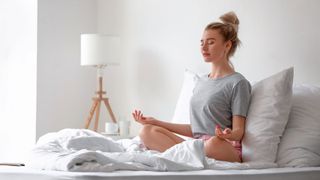
Sleep deprivation creates brain fog and irritability (moodiness), but daily meditation reverses that. You can’t outright replace sleep with meditation, but experts say that just 10 minutes’ mindfulness practice a day has the same benefits as an extra 44 minutes’ sleep per night.
I’ve also mastered the art of power napping. On the days when I’m under the hammer with sleep deprivation, a 20-minute nap gives me enough energy to do a solid four to five hours’ work with good focus. Harvard Health defines a power nap as 10-30 minutes. Any longer and you risk waking up with sleep inertia (more grogginess) as you’ll have moved into a deeper part of your sleep cycle.
Coping with chronic sleep deprivation is hard but do-able
I’m not going to sit here and type out all the side effects of longterm sleep deprivation because, honestly, some of them are just scary. What I can do is share what’s helping me to survive this season of my life, and to also say that some days I don’t even notice the sleep deprivation. So it isn’t bad all the time, or maybe I’m just getting used to it.
Staying on top of water intake, getting my daily morning walk in, and making sure I prioritise rest when possible outside of nightly sleep makes a genuine difference. That means no more overworking, binning sugary foods and caffeine that feed dehydration, and being honest about my energy levels when planning social activities.
I won’t be sleep deprived forever – my toddler is already showing signs of sleeping for longer stretches of time – and I hope you find a way out of yours soon. Here are some extra tips on how to fall asleep when you can’t if you’re struggling right now.
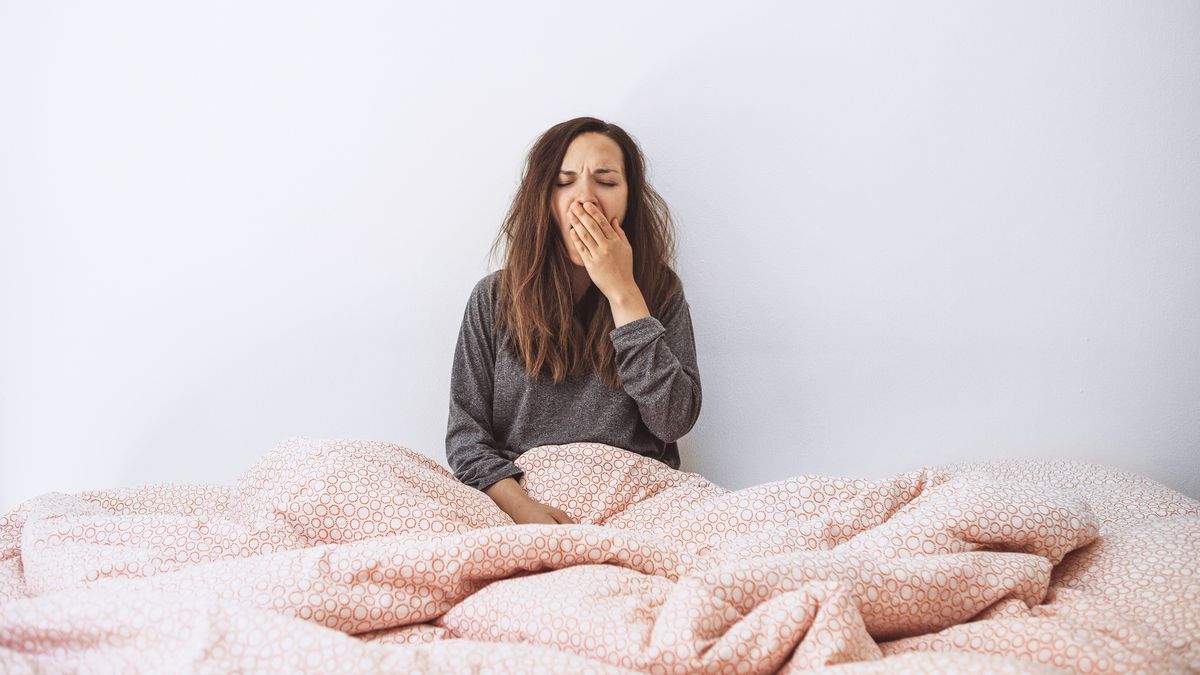
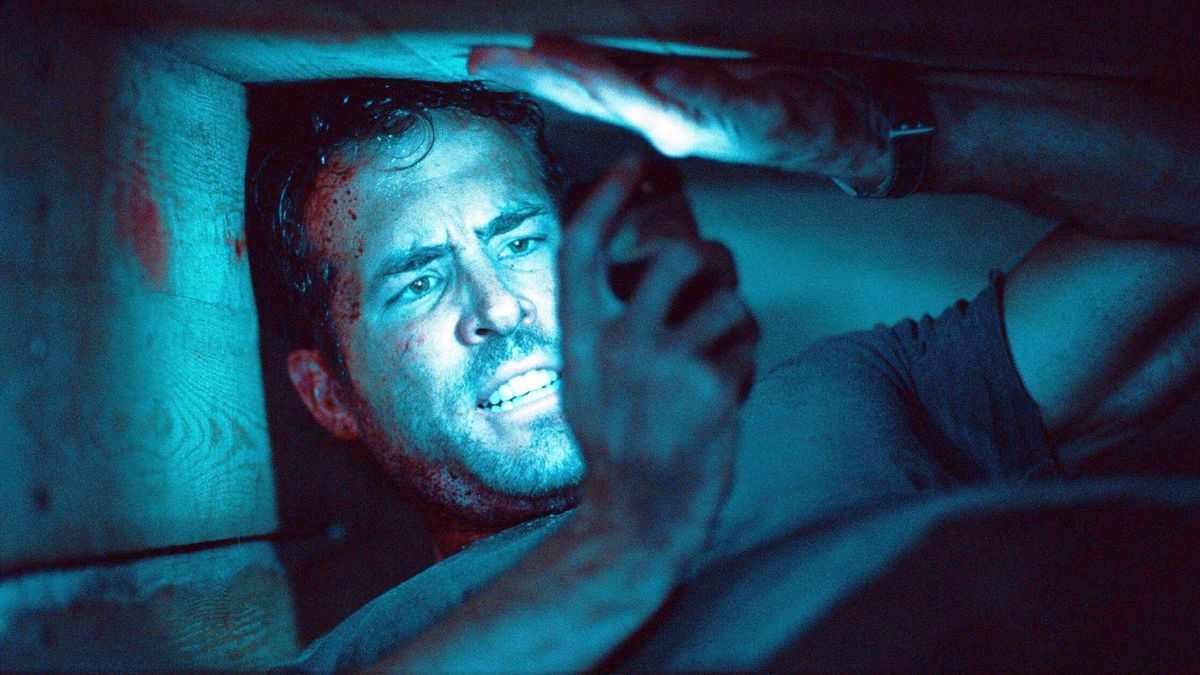
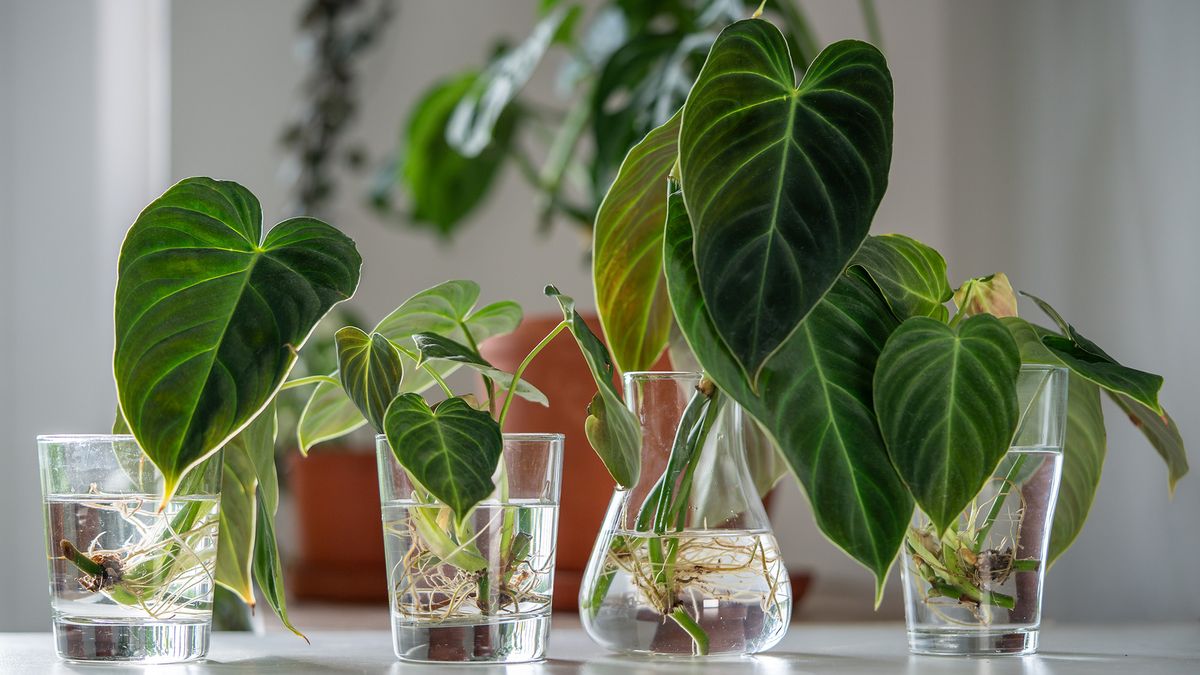

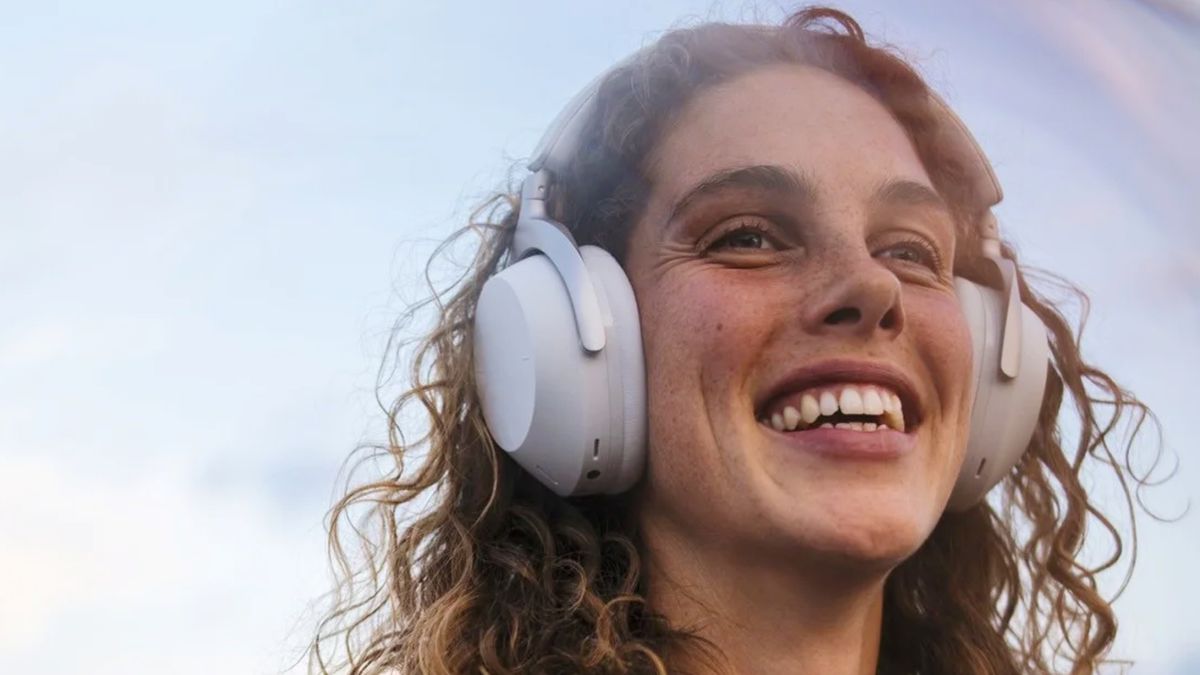







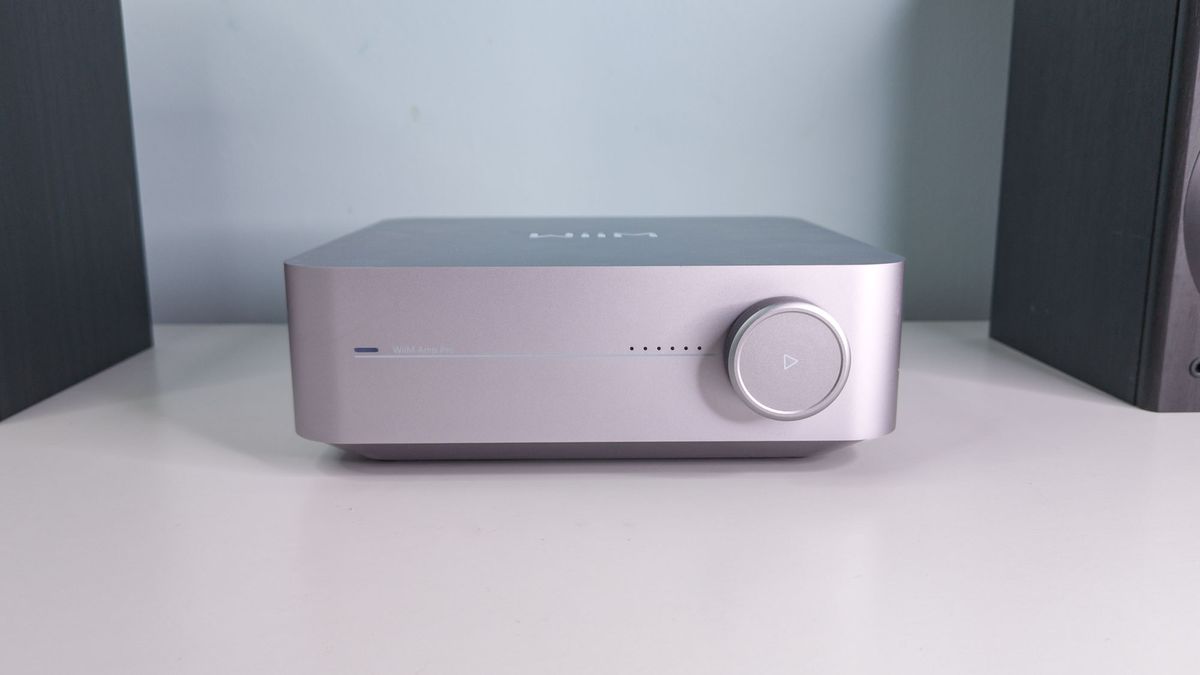








 English (US) ·
English (US) ·